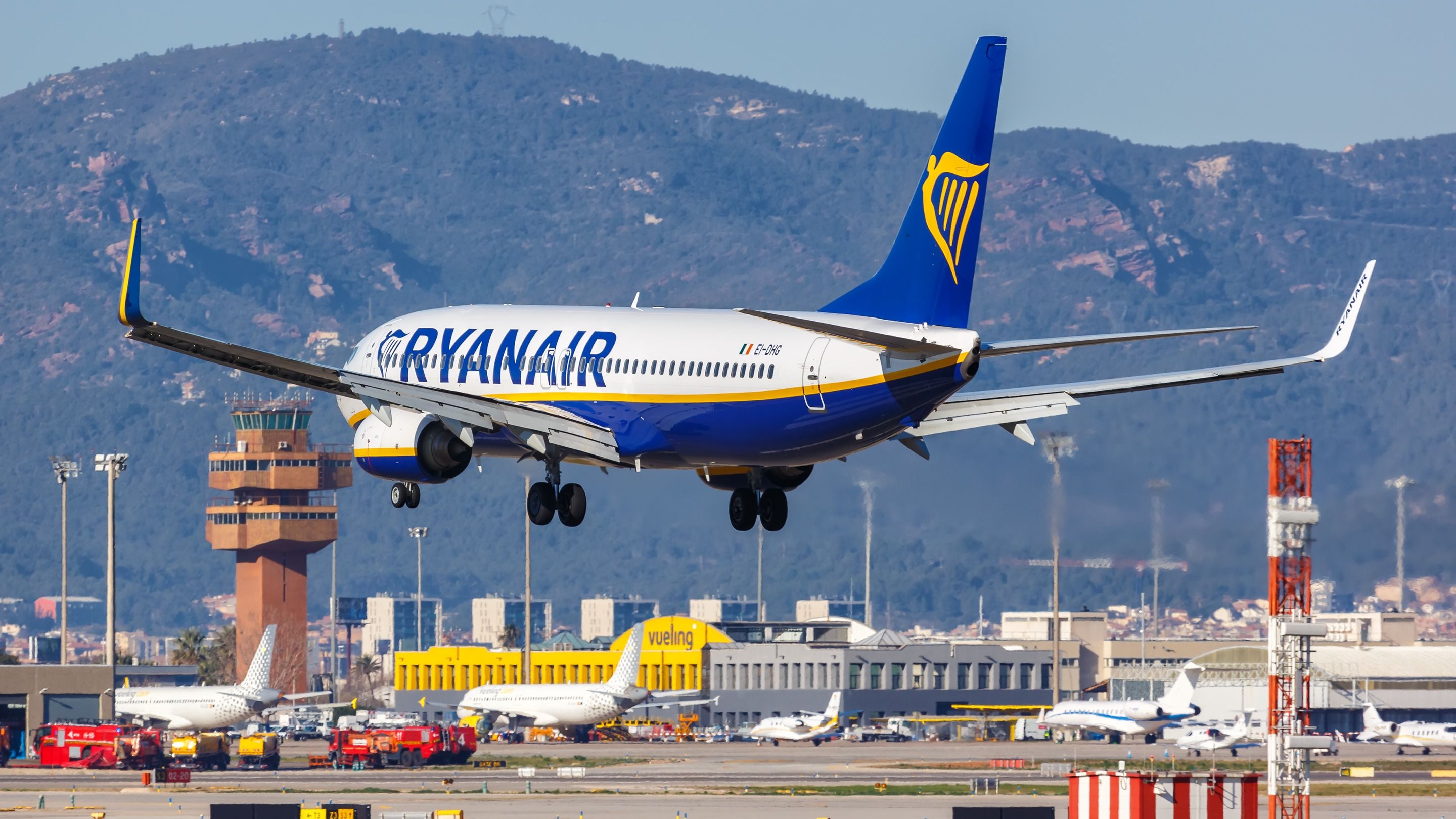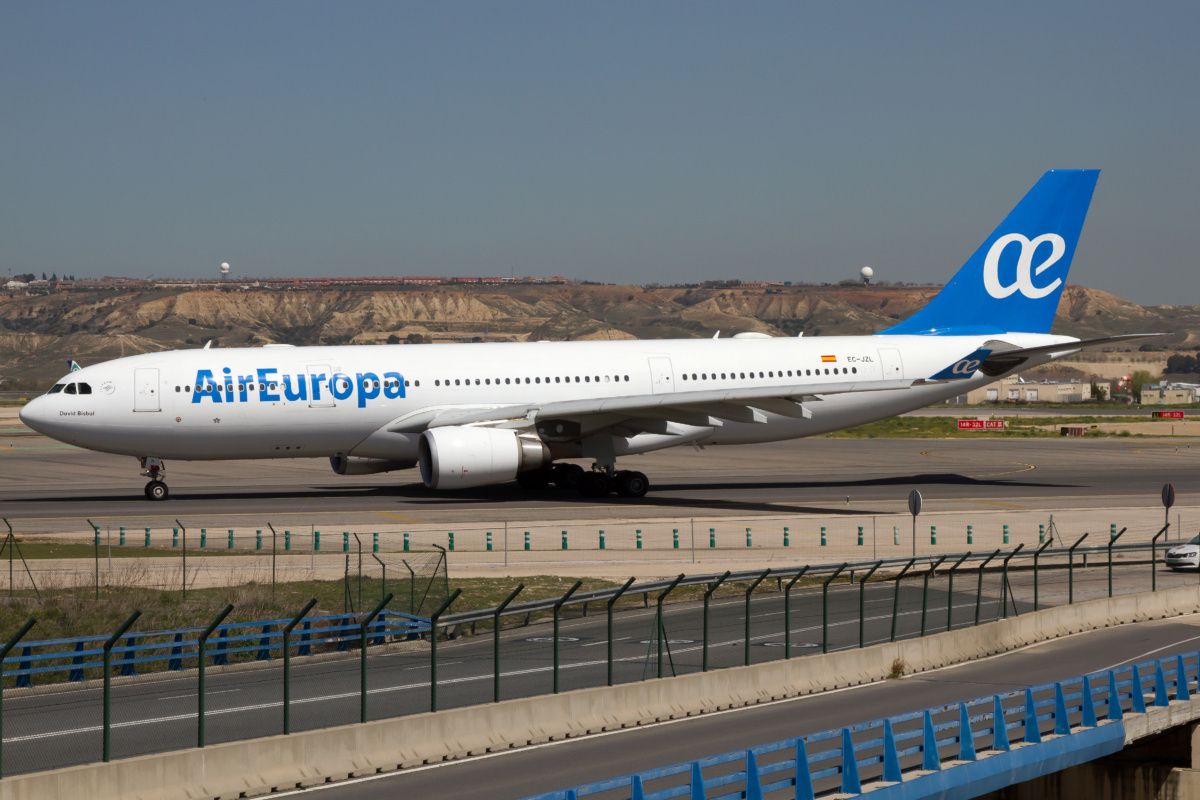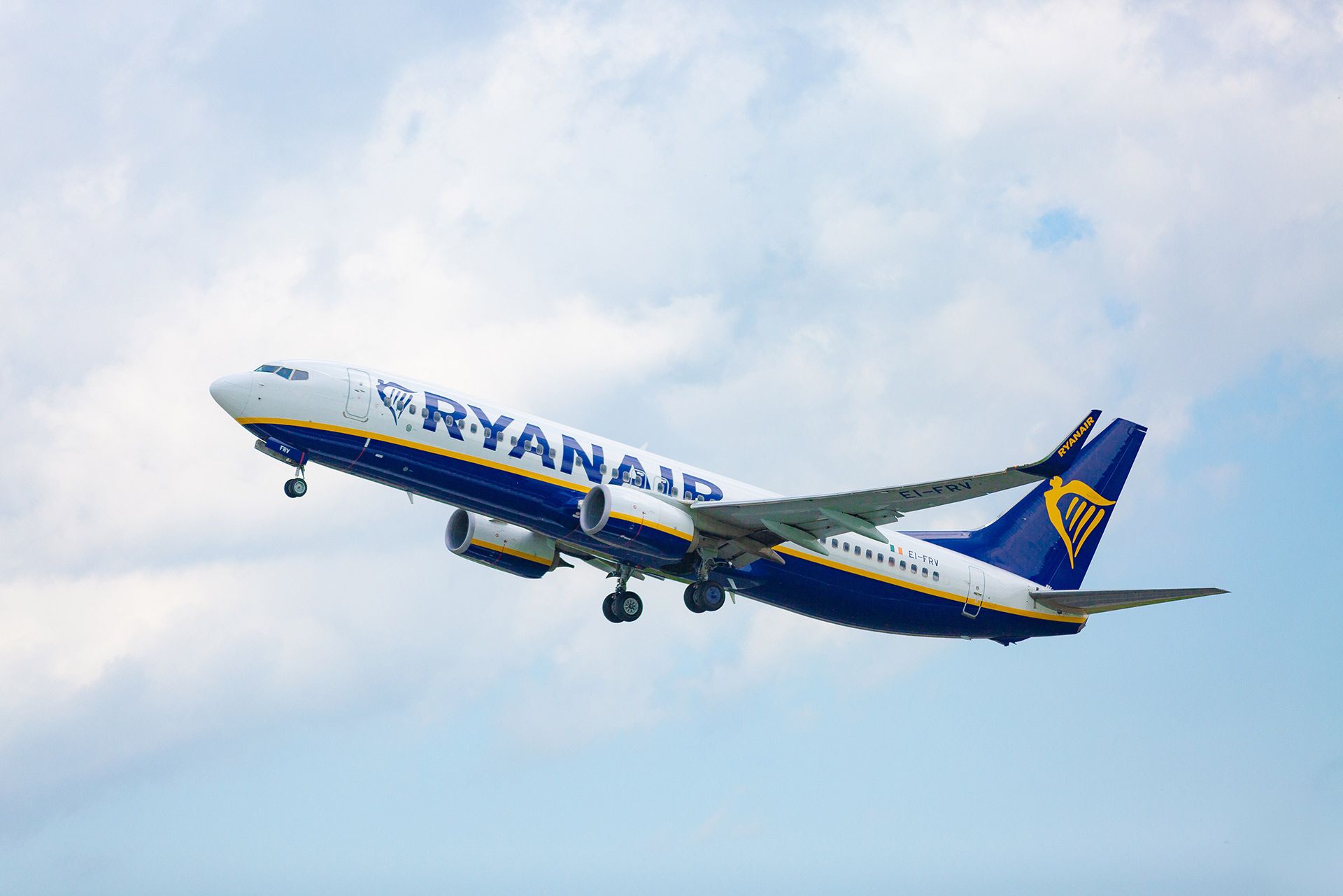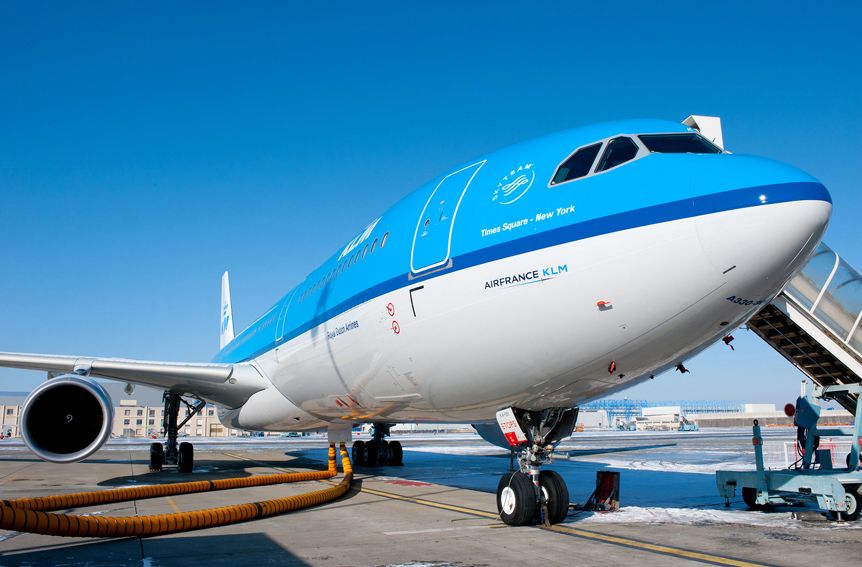Summary
- The Court of Justice of the European Union (CJEU) upheld the European Commission’s (EC) decision to approved a fixed-budget €10 billion ($10.8 billion) state aid scheme in Spain.
- The court argued that aid scheme, which allowed businesses to receive debt and recapitalize, benefited the EU.
- However, the Irish low-cost carrier has won several cases against state aid given out to various airlines in the EU.
The Court of Justice of the European Union (CJEU) upheld the European Commission’s (EC) approval of an aid scheme that the Spanish government set up during the pandemic, whose legality was challenged by Ryanair. The fund’s budget was fixed at €10 billion ($10.8 billion) and was valid until June 2021.
Did not breach non-discrimination principles
The CJEU dismissed Ryanair’s appeal, stating that the General Court of the EU was right when it confirmed that the Spanish government’s aid scheme did not breach the principles of non-discrimination on the grounds of nationality and that it was proportionate.
According to the CJEU, the union’s laws allow for differences in treatment between undertakings in the case of aid intended to remedy serious changes to the economy of a Member State. The EU’s highest court explained that the beneficiaries of the aid scheme were “strategic” businesses in Spain that were experiencing temporary difficulties due to the pandemic.
Photo: kamilpetran | Shutterstock
The aid scheme provided companies with an opportunity to recapitalize, seeking to remedy a “serious disturbance” in the country’s economy. The fund, called the Solvency Support Fund, had a budget fixed at €10 billion ($10.8 billion) and was valid until June 30, 2021, the CJEU continued.
The EC approved the aid scheme on July 31, 2020. At the time, the Commission stated that the fund was approved under the State Aid Temporary Framework, with the Solvency Support Fund providing debt and capital support to strategic businesses in Spain, including airlines.
Common interest of the EU
The CJEU cited the General Court, which concluded that the EC was right when it did not weigh the beneficial effects of the state aid scheme against the harmful effects it could have had on the EU’s internal market. The highest court of the bloc stated that the exceptional nature and the importance of the objectives of the Solvency Support Fund permit the interference that a fair balance was struck between its benefits and disadvantages, resulting in the General Court concluding that the scheme was in the general interest of the EU.
Photo: Ryanair
Throughout the past few years, Ryanair has been challenging the legality of various aid schemes aimed at airlines, as well as state aid loans given to carriers based in certain countries, including Germany, Spain, Italy, and others. In a statemet to Simple Flying, a Ryanair spokesperson confirmed that the low-cost carrier was aware of the decision made by the CJEU, adding that the EU’s court has ruled that billions of euros given out as state aid to various European airlines was unlafwul.
“The European Commission has still not ordered recovery of the unlawful aid, nor has it imposed any measures to remedy the damage to competition caused by the French, Dutch, German, Swedish, Danish, and Italian governments favouring their legacy flag carrier airlines over other EU airlines, in breach of EU law.”
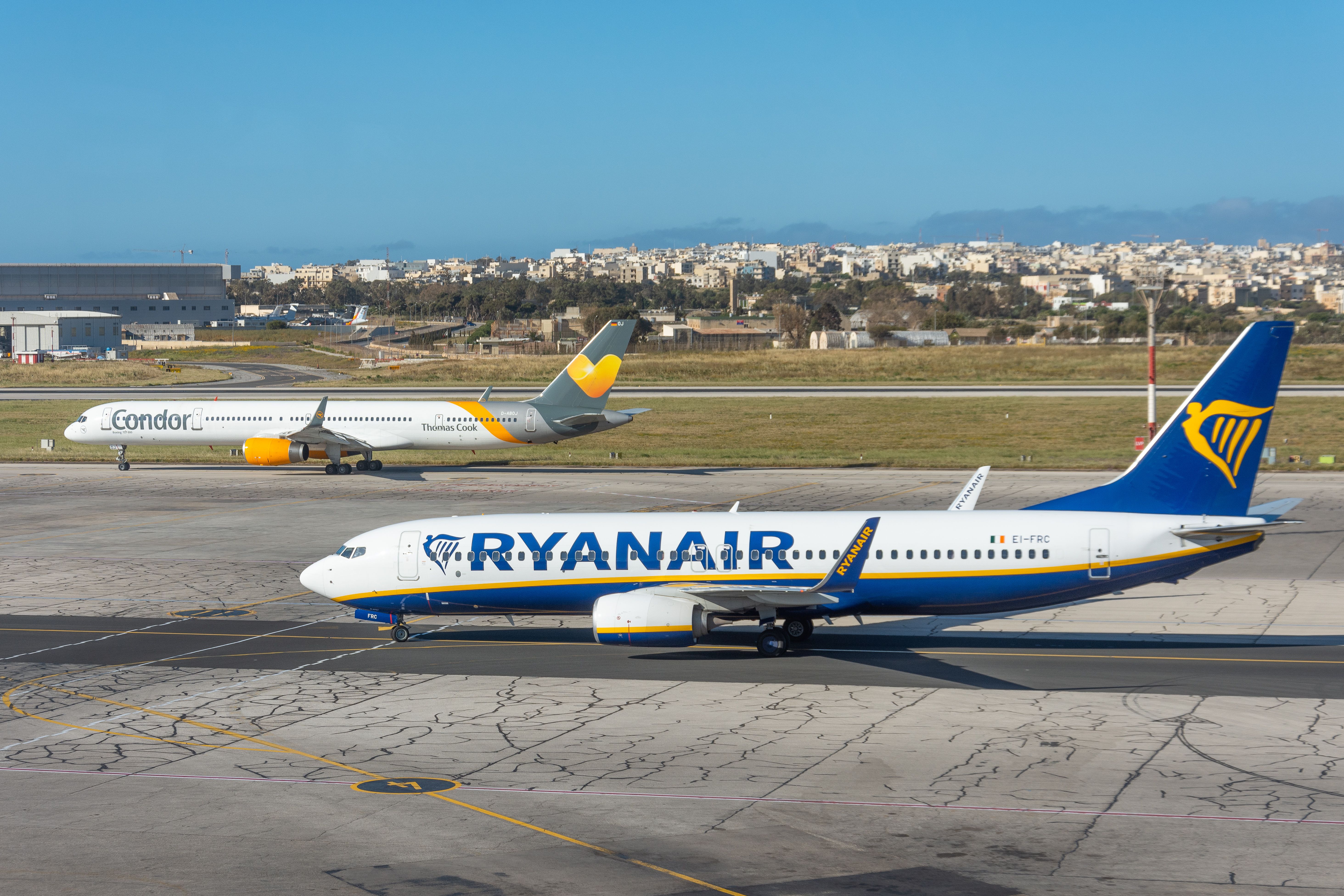
EU Court Upholds Ryanair’s Complaint Against Condor State Aid
Ryanair cannot challenge the decision’s contents since it failed to prove that the state aid impacted its competitive position.
Winning cases
While it had lost the case against Spain and its Solvency Support Fund, the Irish low-cost carrier has successfully challenged aid schemes in other countries, including Germany and the Netherlands. For example, in May 2023, the CJEU announced that it annulled the EC’s approval of Germany’s state aid to Lufthansa amounting to €6 billion ($6.5 billion), arguing that the Commission had made several errors.
Photo: Airbus
The most recent case was Ryanair’s challenge against the Dutch state and its state aid to KLM, the de facto flag carrier of the Netherlands. The government granted KLM stated aid amounting to €3.4 billion ($3.6 billion), split between a guarantee for a bank loan and a state loan, forcing the General Court to annul the decision for the second time in February 2024.
Previously, the EC was forced to adopt a new decision regarding state aid to KLM in July 2021 since the General Court annulled the Commission’s initial decision shortly before. The Court argued that the EC failed to distinguish the beneficiaries of the aid and whether Air France and the Air France-KLM holding group, which KLM is part of, benefitted from the Dutch government’s support measures.
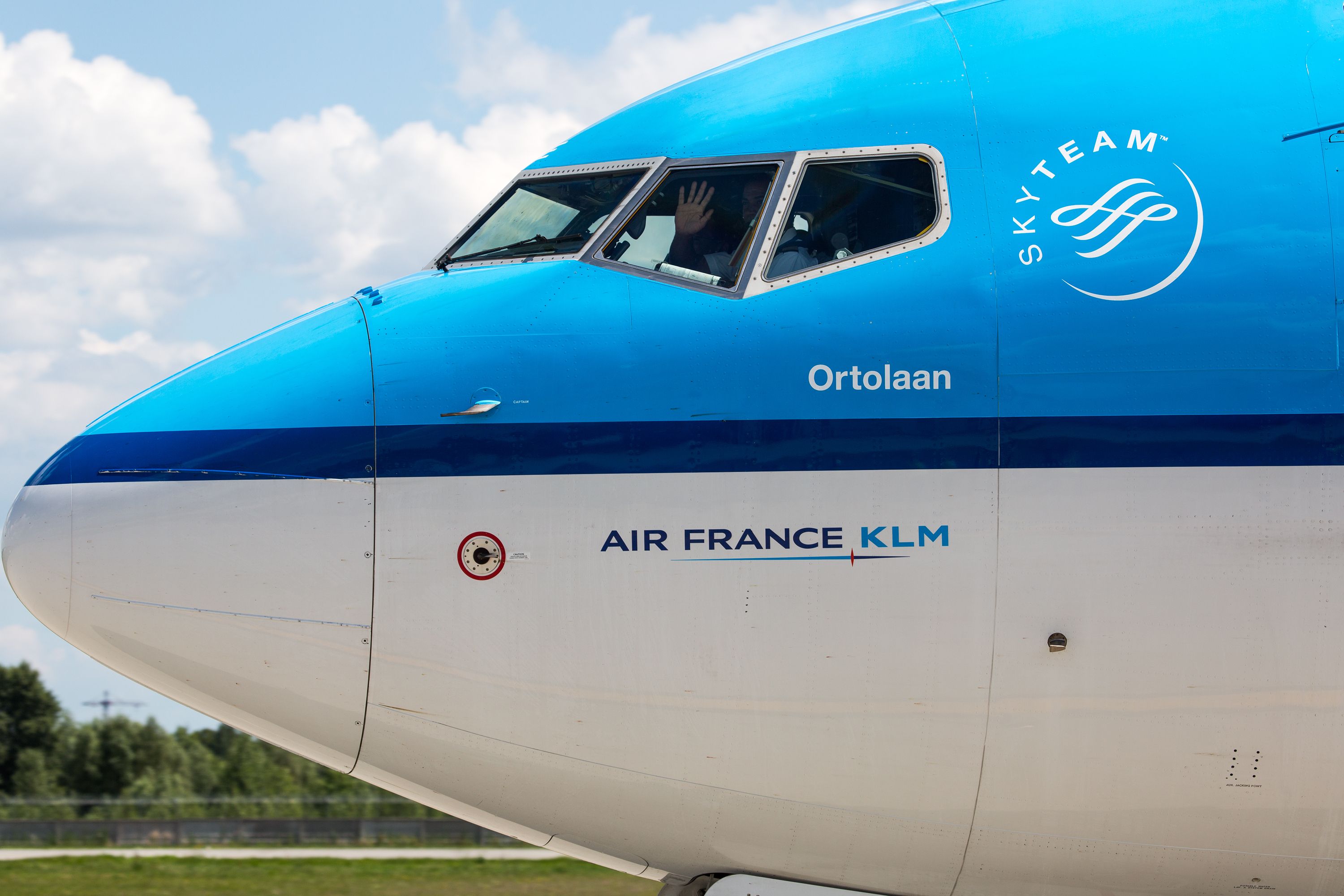
EU Court Rules Against Air France-KLM COVID Aid Pleasing Ryanair
Ryanair alleged that in total, flag carriers received over €40 billion ($43 billion) of illegal state aid in the EU.

